Answers to the Top 20
Homeowners Insurance Questions
As a homeowner, one of the most important decisions you can make is choosing a comprehensive insurance policy. Homeowners insurance provides protection for your property and possessions, as well as liability coverage in case of accidents or injuries on your property. Navigating the world of homeowners insurance can be confusing and overwhelming, especially for first-time buyers.
In this blog, we’ll answer some of the most common questions about homeowners insurance, from coverage options and deductibles to claims processes and cost considerations. Whether you’re a new homeowner or simply looking to understand your insurance policy better, we hope that this blog will provide valuable insights and help you make informed decisions about protecting your home and family.
Frequently Asked Questions For Homeowners Insurance
- What is included in a standard homeowners insurance policy? A standard insurance policy typically includes coverage for the home’s structure, personal property, liability, and additional living expenses in the event of a covered loss. The specific coverage and limits can vary depending on the policy and the insurance provider.
- How much does insurance typically cost? The cost of insurance can vary depending on a number of factors, such as the home’s location, age, construction materials, and the level of coverage desired. According to the National Association of Insurance Commissioners (NAIC), the average cost of homeowners insurance in Florida was $2,055 in 2019.
- What factors affect the cost of insurance? The cost of Florida insurance can be affected by several factors, including the home’s location, age, construction materials, the level of coverage desired, the home’s risk of natural disasters, and the policyholder’s claims history.
- How do I choose the right coverage limits for my insurance policy? Choosing the right coverage limits for a insurance policy depends on a number of factors, including the home’s value, the amount of personal property coverage needed, and the level of liability coverage desired. It’s important to consider the potential risks and hazards associated with the home’s location and choose coverage limits that provide adequate protection.
- What types of natural disasters are covered? A insurance policy typically provides coverage for damage caused by hurricanes, windstorms, lightning, fire, and smoke. Flood damage is generally not covered by a standard insurance policy and requires separate flood insurance coverage.
- What are the deductibles for insurance policies? The deductible for a homeowners insurance policy is the amount that the policyholder must pay out of pocket before the insurance company will pay for a covered loss. The amount of the deductible can vary depending on the policy and the insurance provider.
- What is the claims process for insurance? The claims process for insurance involves reporting the loss to the insurance company, documenting the damage, and providing any necessary information or documentation to the insurance company. The insurance company will then assess the damage and provide payment for the covered loss.
- What are the differences between replacement cost and actual cash value coverage in the insurance? Replacement cost coverage in a insurance policy provides payment for the full cost of repairing or replacing damaged property, while actual cash value coverage provides payment based on the depreciated value of the property. Replacement cost coverage is generally more expensive, but provides greater protection in the event of a covered loss.
- How do I add or remove coverage from my insurance policy? To add or remove coverage from a homeowners insurance policy, contact the insurance company and request the desired changes. The insurance company will provide information on any changes in premium costs and adjust the policy accordingly.
- What are the limits of liability coverage in insurance? The limits of liability coverage in a homeowners insurance policy can vary depending on the policy and the insurance provider. Liability coverage typically provides protection against claims of bodily injury or property damage that the policyholder is legally responsible for.
- Are home businesses covered by insurance? Most homeowners insurance policies do not provide coverage for home businesses. Business owners may need to purchase separate business insurance coverage to protect their operations.
- What discounts are available for insurance policies? Insurance providers may offer discounts for various factors, such as installing windstorm protection, security systems, updated roofs or smoke detectors, bundling insurance policies, or having a good claims history. It’s important to ask the insurance provider about available discounts and eligibility requirements.
- How do I file a claim for homeowners insurance? To file a claim for insurance, contact the insurance company as soon as possible after a covered loss occurs. The insurance company will provide information on the claims process and any documentation that may be required to support the claim.
- What are the consequences of not having insurance? Not having homeowners insurance can leave homeowners vulnerable to significant financial losses in the event of a covered loss. Without insurance coverage, the homeowner would be responsible for paying for repairs or replacement of damaged property out of pocket.
- How can I lower my homeowners insurance premiums? To lower insurance premiums, homeowners can consider increasing their deductible, installing security systems or smoke detectors, or bundling insurance policies. Homeowners can also shop around and compare rates from different insurance providers to find the best deal.
- Can I still get homeowners insurance if I live in a high-risk area? While it may be more difficult to obtain homeowners insurance if you live in a high-risk area, it is still possible to get coverage. Insurance providers may offer different levels of coverage or higher premiums for homes located in high-risk areas.
- Are home improvements and renovations covered by insurance? Home improvements and renovations may be covered by homeowners insurance if they are damaged or destroyed in a covered loss. However, it’s important to review the policy to ensure that the coverage limits are adequate for the value of the improvements.
- How long does it take to receive payment for a claim on homeowners insurance? The time it takes to receive payment for a claim on insurance can vary depending on the complexity of the claim and the insurance company’s claims process. It’s important to keep in contact with the insurance company and provide any necessary documentation to expedite the claims process.
- What is the difference between flood insurance and insurance? Flood insurance provides coverage for damage caused by flooding, which is not covered by a standard homeowners insurance policy. Homeowners in high-risk flood areas are required to have flood insurance, which is a separate policy that can be purchased through the National Flood Insurance Program or through private insurance companies.
- How do I find the best homeowners insurance policy for my needs? To find the best insurance policy for your needs, it’s important to compare rates from different insurance providers, consider the level of coverage needed, and review the policy details carefully. It can also be helpful to seek recommendations from family and friends and to read online reviews of insurance providers.
Pros and Cons of Homeowners Insurance:
Pros:
- Protection for your property and possessions: Homeowners insurance can provide coverage for damage to your home and personal property, such as from fire, theft, or natural disasters.
- Liability coverage: Homeowners insurance can provide liability coverage in case someone is injured on your property and you are found legally responsible.
- Peace of mind: Homeowners insurance can provide peace of mind knowing that you have financial protection in case of unexpected events.
- Mortgage requirement: If you have a mortgage on your home, homeowners insurance may be required by the lender.
Cons:
- Cost: Homeowners insurance can be expensive, with premiums varying based on a variety of factors such as location, home value, and level of coverage.
- Deductibles: Homeowners insurance policies often have deductibles, which are the amount you are responsible for paying out of pocket before the insurance coverage kicks in.
- Coverage limits: Homeowners insurance policies may have coverage limits, which may not be sufficient to cover the full cost of damages or losses.
- Exclusions: Homeowners insurance policies may have exclusions, which may limit coverage for certain types of damage or events.
Next Steps: Getting homeowners insurance typically involves the following:
- Research and compare insurance providers: Start by researching and comparing insurance providers to find the best policy for your needs and budget. You can use online resources or work with an insurance agent to gather quotes and compare coverage options.
- Choose a policy: Once you’ve compared your options, choose a homeowners insurance policy that meets your needs and budget. Review the policy details carefully and ask the insurance provider any questions you may have.
- Provide information about your home: To get a homeowners insurance policy, you will need to provide information about your home, including its location, value, age, and construction materials.
- Get an appraisal: Some insurance providers may require an appraisal of your home to determine its value and appropriate coverage limits.
- Pay your premium: Once you’ve chosen a policy and provided information about your home, you will need to pay your premium to activate your coverage. The cost of your premium will vary depending on the level of coverage, deductible, and other factors.
- Set up automatic payments(Optional): To ensure that your homeowners insurance policy stays active, it’s a good idea to set up automatic payments for your premium. This can help you avoid missing payments and risking a lapse in coverage.
Cheapest Homeowners Insurance
The cost of homeowners insurance can vary depending on a variety of factors, including the location and value of the home, the level of coverage, and the insurance provider. While it’s important to find a homeowners insurance policy that meets your needs and provides adequate protection for your home and property, it’s also understandable to want to find the most affordable option.
Some insurance providers may offer lower-cost homeowners insurance policies that can help you save on premiums, but it’s important to review the policy details carefully to ensure that you have adequate protection. Here are some tips for finding the cheapest homeowners insurance policy:
- Shop around: Compare rates and coverage options from multiple insurance providers to find the best deal.
- Raise your deductible: Increasing your deductible can lower your monthly premium, but it also means you will pay more out of pocket in the event of a claim.
- Bundle your policies: Many insurance providers offer discounts for bundling multiple policies, such as homeowners and auto insurance.
- Install safety features: Installing safety features in your home, such as smoke detectors, security systems, and storm shutters, may qualify you for discounts on your homeowners insurance premium.
- Maintain a good credit score: Insurance providers may use your credit score to determine your premium, so maintaining a good credit score can help you qualify for lower rates.
Finding the cheapest insurance policy may help you save money in the short term, but it may not provide adequate protection in the event of unexpected events. Be sure to carefully review the policy details and choose a policy that meets your needs and provides sufficient coverage for your home and property.
I hope this has been helpful as a guide. We recommend you seek a local agent to provide specific qoutes for their companies insurance policies. If you have additional questions and want to get in contact with GGR Home Inspections please send us a note, text, or call.
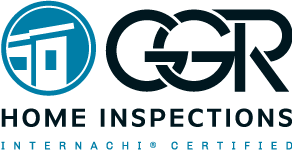
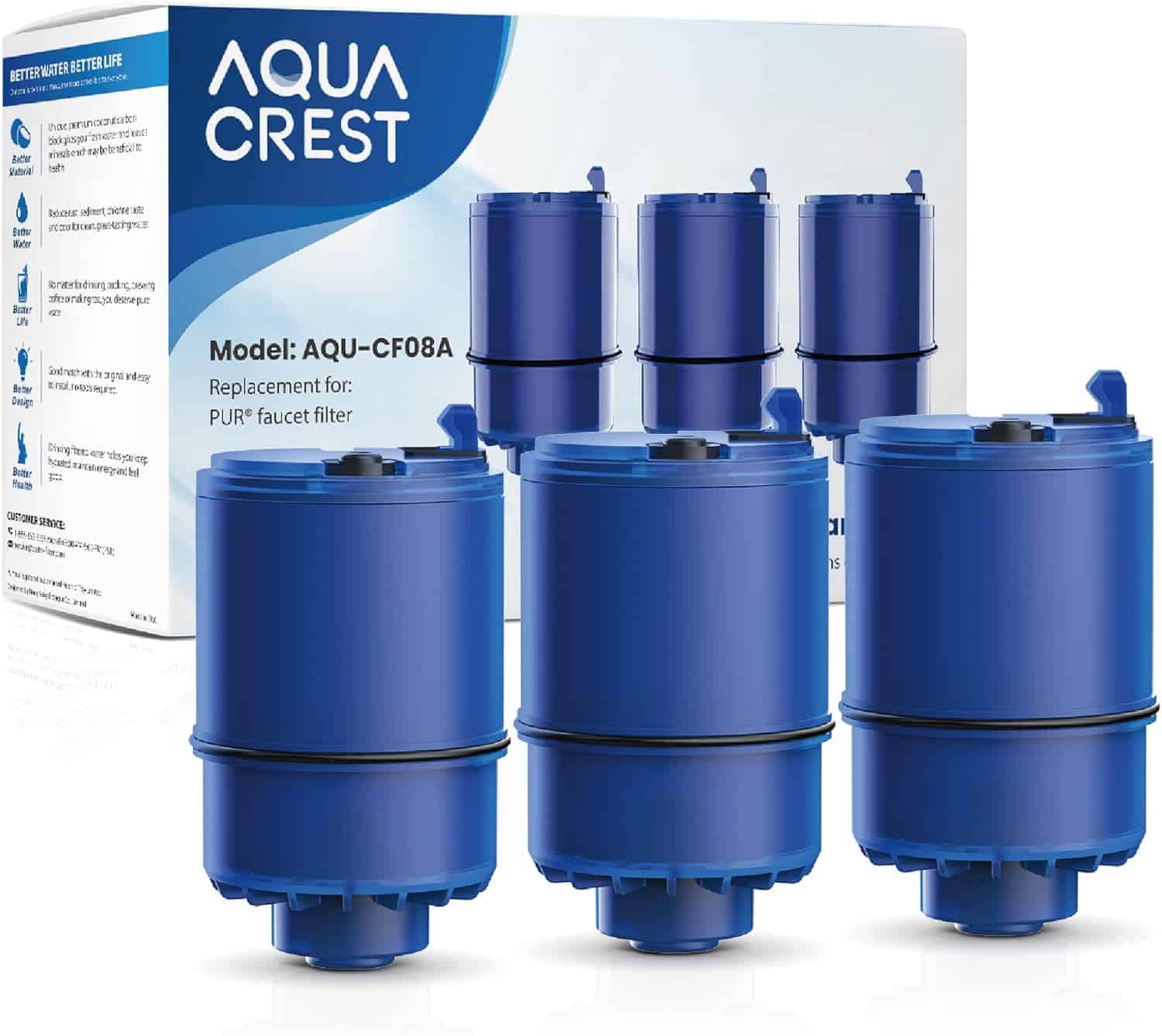
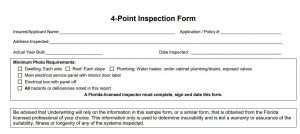
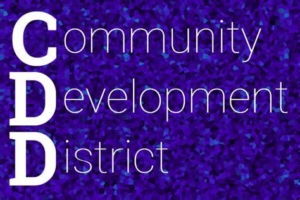
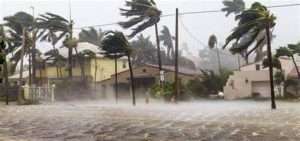
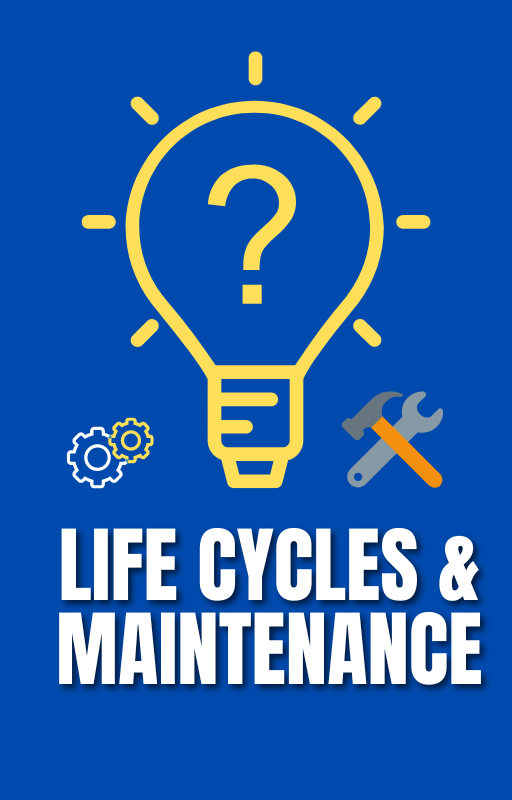
Pingback: What is a 4 Point Inspection? - GGR Home Inspections
Pingback: 4 Point Inspection, What No One Tells You. Read This Today
Pingback: Insurance Notice of Cancellation – Must Read 2021 – GGR Home Inspections
Pingback: Federal Pacific Electrical Panel Can Be Dangerous (2023 Guide) - GGR Home Inspections